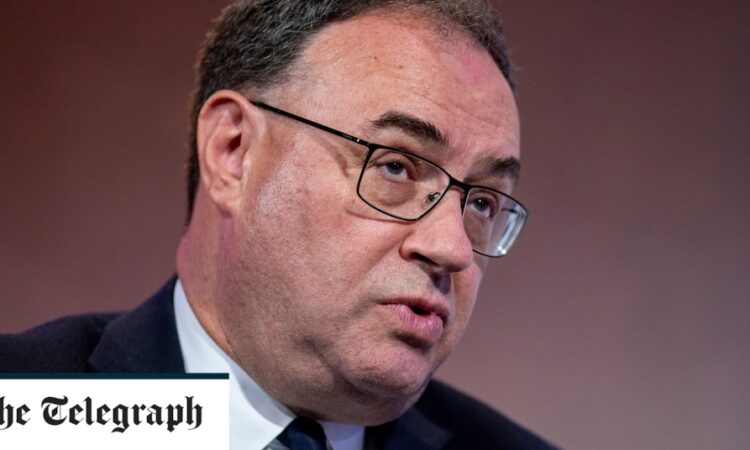
He said that while there were signs of the labour market starting to loosen, it was happening more slowly than the Bank had predicted only months ago.
The job market still remains very tight, he added. Vacancies are also still very high despite coming down marginally, which adds to inflation as employers have to compete harder for workers by raising salaries.
The Bank has already raised interest rates 12 times to 4.5pc. Mr Bailey said policymakers would have to lift borrowing costs further “if there were to be evidence of more persistent pressures”.
He added that “near-term indicators suggest that pay growth could ease further later this year”, however.
Mr Bailey also defended the Bank’s record on inflation again, saying Threadneedle Street would have had to raise interest rates well into double digits during the pandemic if it had perfect foresight. This would have pushed up unemployment substantially and carried massive risks.
“Monetary policy can’t make the impact on real incomes go away I’m afraid,” he said.
He added: “I’d like to push back strongly against one argument you sometimes hear, which is that inflation is high because monetary policy was too loose in the past.”
The Bank of England has faced growing criticism for its failure to stem inflation, which has remained in double digits for eight months in the past year.
Several economists have claimed that the Bank’s quantitative easing programme during the pandemic – which saw it buy bonds largely from the government – likely added to rapid consumer price growth.
Mr Bailey acknowledged that the Bank was facing the “biggest test” of its inflation-targeting regime, with prices in recent months rising at the fastest pace in around 40 years.
Inflation in the UK was at 10.1pc in March. Mr Bailey said he expected it to fall by around one percentage point when data for April is released next week.






